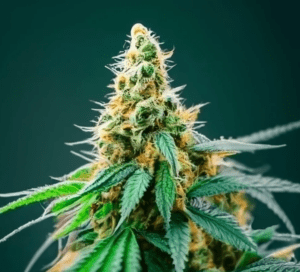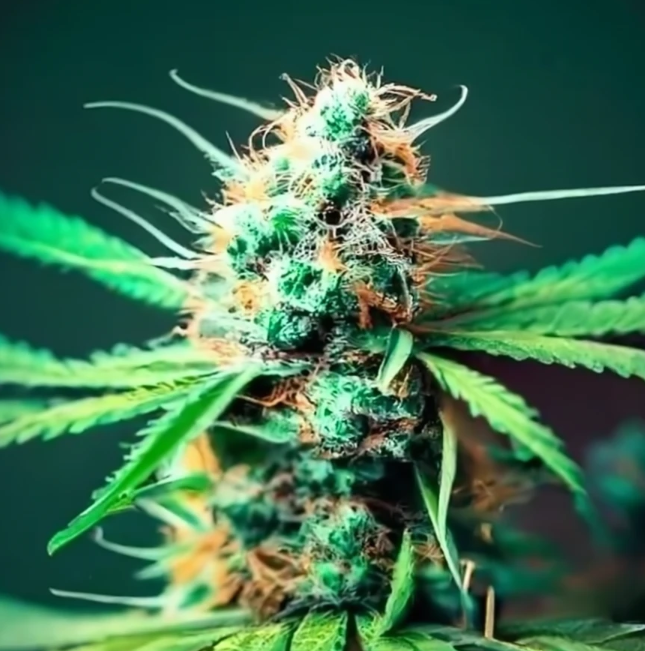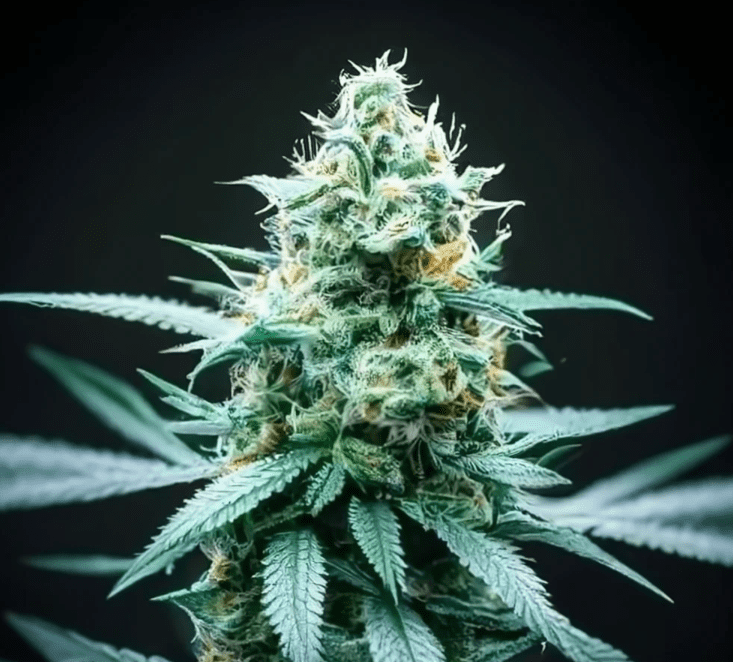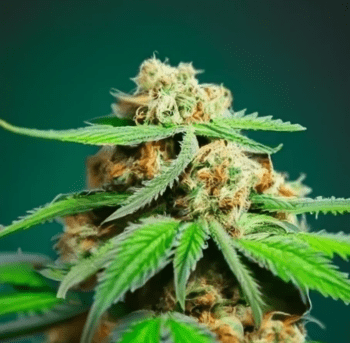Can You Clone Feminized Seeds?
Cloning is a process of creating a genetically identical copy of a living organism. It is a common practice in the agricultural industry, and it is used to produce crops with desirable traits. But can you clone feminized seeds? This is a question that has been asked by many growers, and the answer is yes, you can clone feminized seeds.
What Are Feminized Seeds?
Feminized seeds are seeds that have been bred to produce female plants. Female plants are the ones that produce the flowers and buds that are used to make marijuana. Feminized seeds are popular among growers because they are easier to grow and produce higher yields than regular seeds.
How Does Cloning Work?
Cloning is a process of taking a cutting from a plant and using it to create a genetically identical copy. The cutting is placed in a medium such as soil or water and allowed to root. Once the cutting has rooted, it can be transplanted into a larger pot or into the ground. The clone will be a genetically identical copy of the original plant.
Born from the union of the iconic Blueberry and the cerebral Haze, Blue Dream stands tall as a sativa-dominant hybrid. It packs a punch with a THC level of 18%, while its CBD remains notably low. When you experience Blue Dream, you’re in for a harmonious blend of mind invigoration and soothing body relaxation. Many have noted its ability to spark creativity, elevate spirits, and infuse energy. In the realm of therapeutic benefits, it’s been a beacon of relief for those grappling with depression, stress, and anxiety. When you take a moment to savor Blue Dream strain flavor, you’ll be greeted with a delightful berry sweetness, reminiscent of its Blueberry parentage. And for the terpene enthusiasts among us, myrcene leads the charge in Blue Dream, complemented by the refreshing pinene and the spicy caryophyllene. Hailing from the Golden State of California, Blue Dream has not only become a staple on the West Coast but has also etched its name as a favorite among many. Anthony
D.
Can You Clone Feminized Seeds?
Yes, you can clone feminized seeds. Cloning is a great way to produce plants with desirable traits, and feminized seeds are no exception. Cloning feminized seeds is a relatively simple process, and it can be done with minimal effort.
Benefits of Cloning Feminized Seeds
Cloning feminized seeds has several benefits. First, it allows growers to produce plants with desirable traits quickly and easily. Cloning also eliminates the need to purchase new seeds, which can be expensive. Finally, cloning feminized seeds can help to ensure that the plants are female, which is important for growers who are looking to produce buds and flowers.
Drawbacks of Cloning Feminized Seeds
Cloning feminized seeds does have some drawbacks. First, it can be difficult to find clones of feminized seeds, as they are not as widely available as regular seeds. Additionally, clones of feminized seeds may not be as vigorous as regular seeds, and they may not produce as high of yields.
Conclusion
Cloning feminized seeds is a great way to produce plants with desirable traits quickly and easily. It eliminates the need to purchase new seeds, and it can help to ensure that the plants are female. However, it can be difficult to find clones of feminized seeds, and clones may not be as vigorous as regular seeds. Ultimately, whether or not to clone feminized seeds is up to the individual grower.




